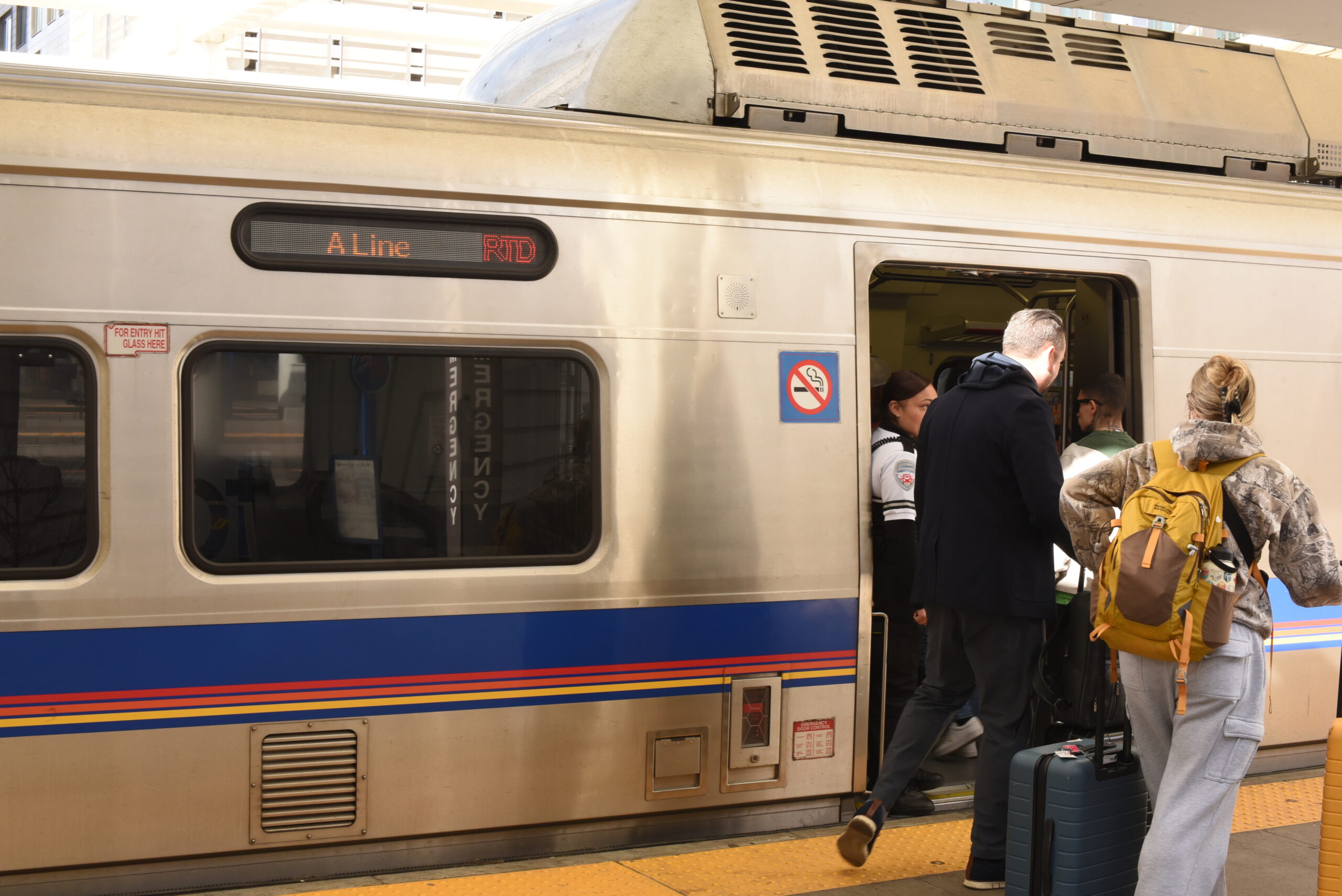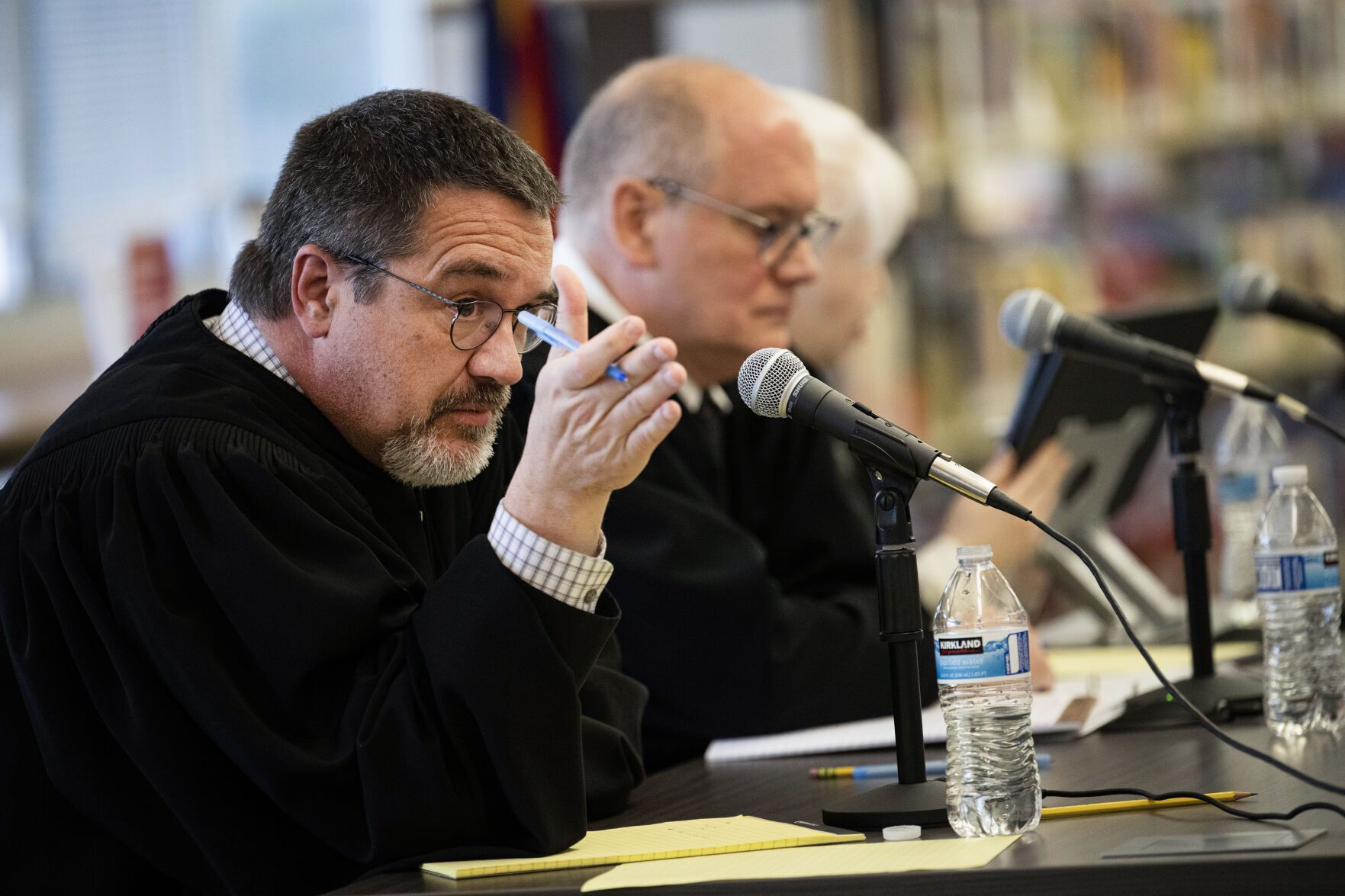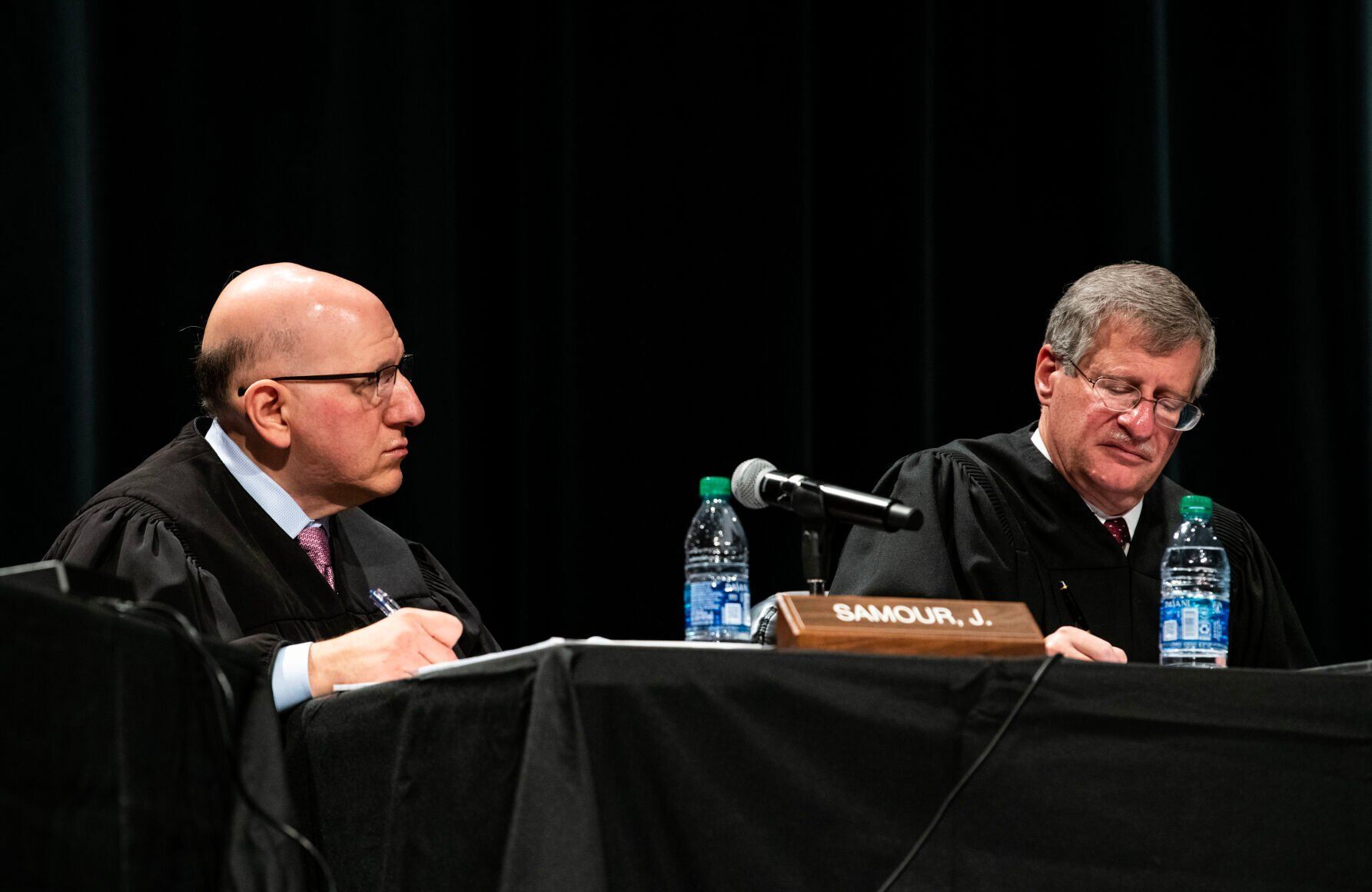Colorado justices consider whether to restore $5.7 million award to RTD subcontractor

Members of the Colorado Supreme Court considered last week whether the Court of Appeals incorrectly threw out a $5.7 million award to a company that helped build a commuter rail line and, in doing so, deterred public works contractors from seeking to recover money they are owed through the process envisioned in state law.
Ralph L. Wadsworth Construction Company became a subcontractor on the construction of the Regional Transportation District’s N Line to Thornton. Regional Rail Partners was the overarching contractor. The project encountered delays and defects, with both entities pointing the finger at each other.
RLW filed a verified claim under Colorado’s Public Works Act alleging Regional Rail Partners owed it more than $12.7 million. Broadly, the law ensures financial security for subcontractors on public projects. If a subcontractor provides “labor, materials, sustenance, or other supplies” and the contractor has not paid, the subcontractor files a verified statement of the amount due to start the process for reimbursement.
In 2003, the legislature added a condition to the act. If a subcontractor’s claim is not reasonably related to the amount owed and the subcontractor knows it, the subcontractor “shall forfeit all rights to the amount claimed.” For 20 years, the Court of Appeals had never addressed what that condition meant.
After a trial judge awarded RLW $3.8 million in damages and $1.9 million in unpaid funds — totaling $5.7 million — a three-judge Court of Appeals panel wiped away the entire amount.
The panel determined RLW had relied on “impacts, delays, disruptions, interference and other problems associated with the Project” as grounds for its complaint. But Judge Ted C. Tow III reiterated the purpose of the Public Works Act is for subcontractors to file claims over services “actually provided” — not for financial damages stemming from disputed delays.

Because RLW asserted it was owed an amount that was not reasonable under the Public Works Act, the panel decided the 2003 condition, as written, meant RLW had forfeited its right to seek compensation.
“In our view, the language,” wrote Tow, “is unambiguous: the claimant forfeits the right to pursue any remedy for that amount. While this sanction may seem drastic, it is the only reasonable reading the statutory language can bear.”
But during the Nov. 19 oral arguments before the Supreme Court, some justices suggested that lawmakers never intended for subcontractors to permanently lose out on money owed to them if they overreach or misperceive the relevant damages.
That is “a Draconian remedy. They lose all rights to everything? Including the rights to the $5 million the court actually awarded?” Justice Richard L. Gabriel asked. “That’s a fairly extreme forfeiture to me.”
The legislature “could’ve said, ‘shall forfeit the claim,'” responded Sean Connelly, an attorney for Regional Rail Partners. But the law’s wording is “not narrow language. ‘All rights.'”
Trade associations representing general contractors and subcontractors weighed in to the Supreme Court to warn about the effects of the Court of Appeals’ decision. If companies risk forfeiting all of their rights to money owed if they ask for the wrong amount, the groups argued that contractors will stop working on public construction projects until they can iron out payment disputes.
Subcontractors “really are not exercising their remedies under the Public Works Act,” said attorney Stephen D. Gurr, representing the Associated General Contractors of Colorado and the Colorado Contractors Association. “This is a ‘gotcha.'”

Although the legal debate centered on what costs are supposed to be included in a verified claim and what the consequence is for a contractor’s overreach, Connelly argued the math was simple: RLW’s contract was worth $60 million, and it had been paid $58 million. Therefore, its claim for $12.8 million was clearly unrealistic.
“Is it your position that since this was a $60 million contract, that was the limit of the claim that they could have filed?” asked Justice Carlos A. Samour Jr. “And anything beyond that for delay and disruption that they may be entitled to, they have to try to get through a breach of contract lawsuit?”
“You look to the contract. That’s the value of it,” said Connelly. “You can’t say, ‘We agreed to provide a $60 million bridge, but we really gave you a $72 million bridge and, therefore, pay us for that.”
“If everybody agrees as to what we’re doing, there wouldn’t be any need to file a claim, right?” pointed out Justice Maria E. Berkenkotter.
Justice Melissa Hart did not attend the arguments. She has been on a leave of absence since late October for “family and personal health reasons.“
The case is Ralph L. Wadsworth Construction Company, LLC. v. Regional Rail Partners et al.












